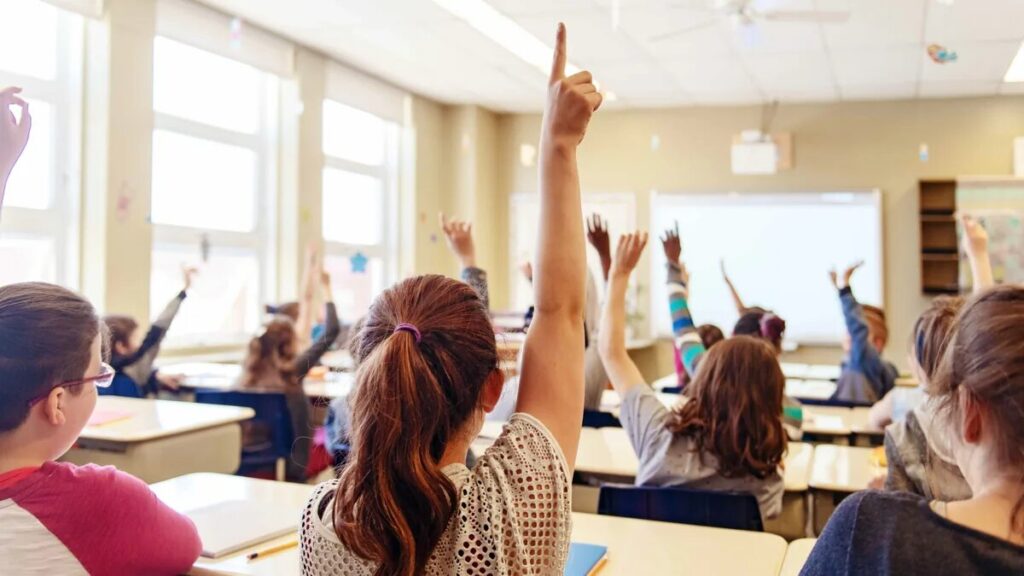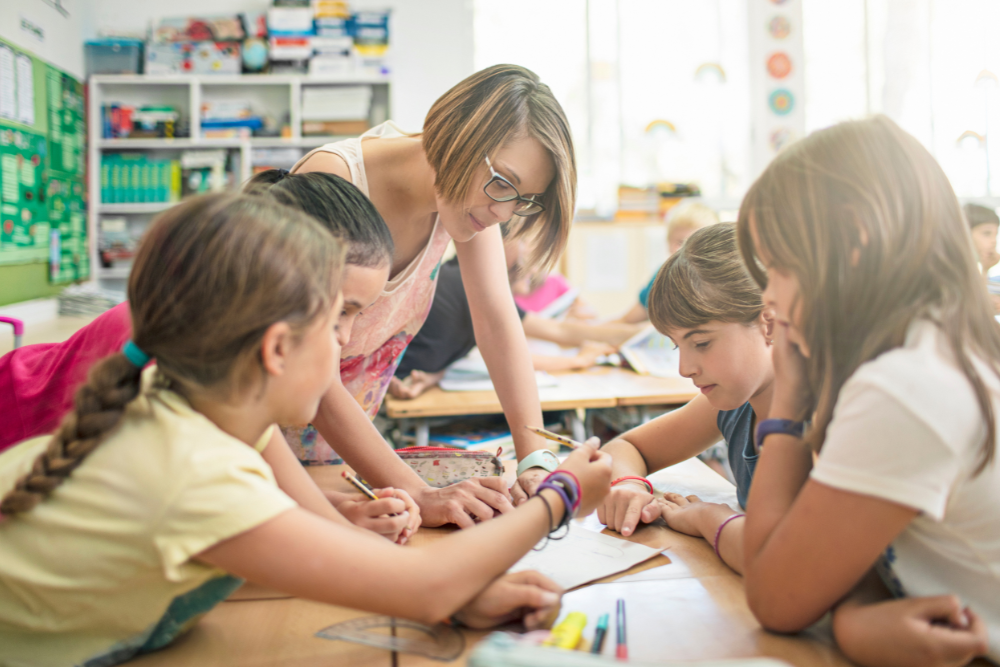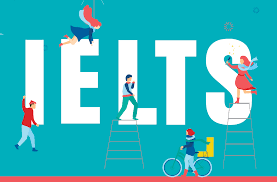
Welcome to our blog post on creating a safe and supportive classroom environment with Sel In Classrooms! As educators, we understand the importance of fostering an inclusive space where students can thrive academically, emotionally, and socially. In this article, we will explore how implementing SEL practices can not only enhance academic performance but also promote positive relationships, empathy, self-awareness, and emotional regulation among students. Join us as we dive into practical strategies that empower both teachers and learners to cultivate a nurturing classroom community that sets the stage for lifelong success!
Understanding Social Emotional Learning (SEL) and its benefits in the classroom
Social Emotional Learning In Classroom is a crucial aspect of education that focuses on developing social and emotional skills in students. It involves teaching children how to recognize and manage their emotions, build positive relationships, and make responsible decisions. SEL has gained popularity in recent years as it has been proven to have numerous benefits for students both inside and outside the classroom.
Incorporating SEL in lesson plans and activities
Incorporating social and emotional learning (SEL) into lesson plans and activities is a critical aspect of creating a safe and supportive classroom environment. SEL not only helps students develop essential life skills, but it also creates a sense of belonging and promotes positive relationships among classmates.
Promoting self-awareness, self-management, social awareness, relationship skills, and responsible decision-making in the classroom

Promoting self-awareness, self-management, social awareness, relationship skills, and responsible decision-making in the classroom is a crucial aspect of creating a safe and supportive environment for students. These five components are often referred to as Social and Emotional Learning (SEL) and have been shown to significantly impact academic achievement, behavior, and overall well-being of students.
Self-awareness refers to the ability to recognize one’s own emotions, thoughts, values, strengths, and limitations. It involves understanding how one’s actions affect others and having a strong sense of self-identity. In the classroom setting, promoting self-awareness can involve activities such as journaling or reflection exercises where students are encouraged to think about their emotions and behaviors. This allows them to better understand themselves and their motivations.
Self-management is the ability to regulate one’s emotions effectively. It includes skills such as impulse control, stress management, goal-setting, and problem-solving. By promoting self-management in the classroom through techniques like deep breathing or mindfulness exercises, students can learn how to manage their emotions in a healthy way rather than acting out impulsively.
Social awareness is all about understanding others’ perspectives and being empathetic towards them. In today’s diverse society, it is essential for students to develop this skill so that they can successfully navigate relationships with people from different backgrounds. Teachers can promote social awareness by encouraging discussions on diversity and inclusion or incorporating literature that showcases different cultures.
Relationship skills refer to communication skills that allow individuals to develop positive relationships with others. In the classroom context, this means teaching students how to communicate effectively with peers while also respecting boundaries and differences among classmates. Group projects or role-playing activities are great ways for students to practice these skills in a safe environment.
Responsible decision-making involves considering ethical standards when making choices that affect oneself or others positively. Students need guidance on how their decisions impact not just themselves but also those around them. By providing opportunities for students to make decisions and reflect on their outcomes, teachers can help them develop this crucial skill.
Promoting self-awareness, self-management, social awareness, relationship skills, and responsible decision-making in the classroom is vital for creating a safe and supportive environment for students. By focusing on these components of SEL, educators can equip students with essential life skills that will not only benefit them academically but also in their personal and professional lives.





